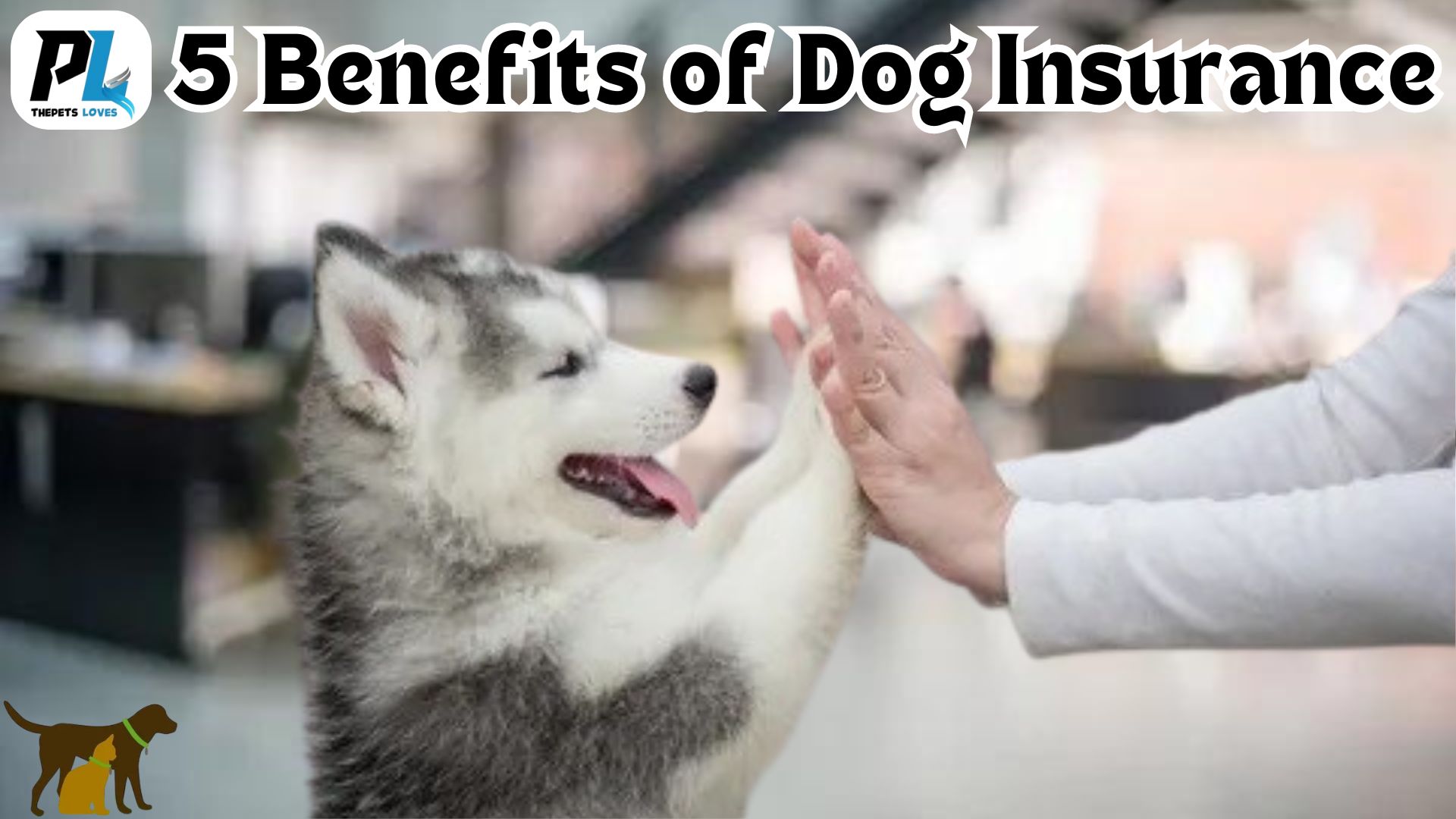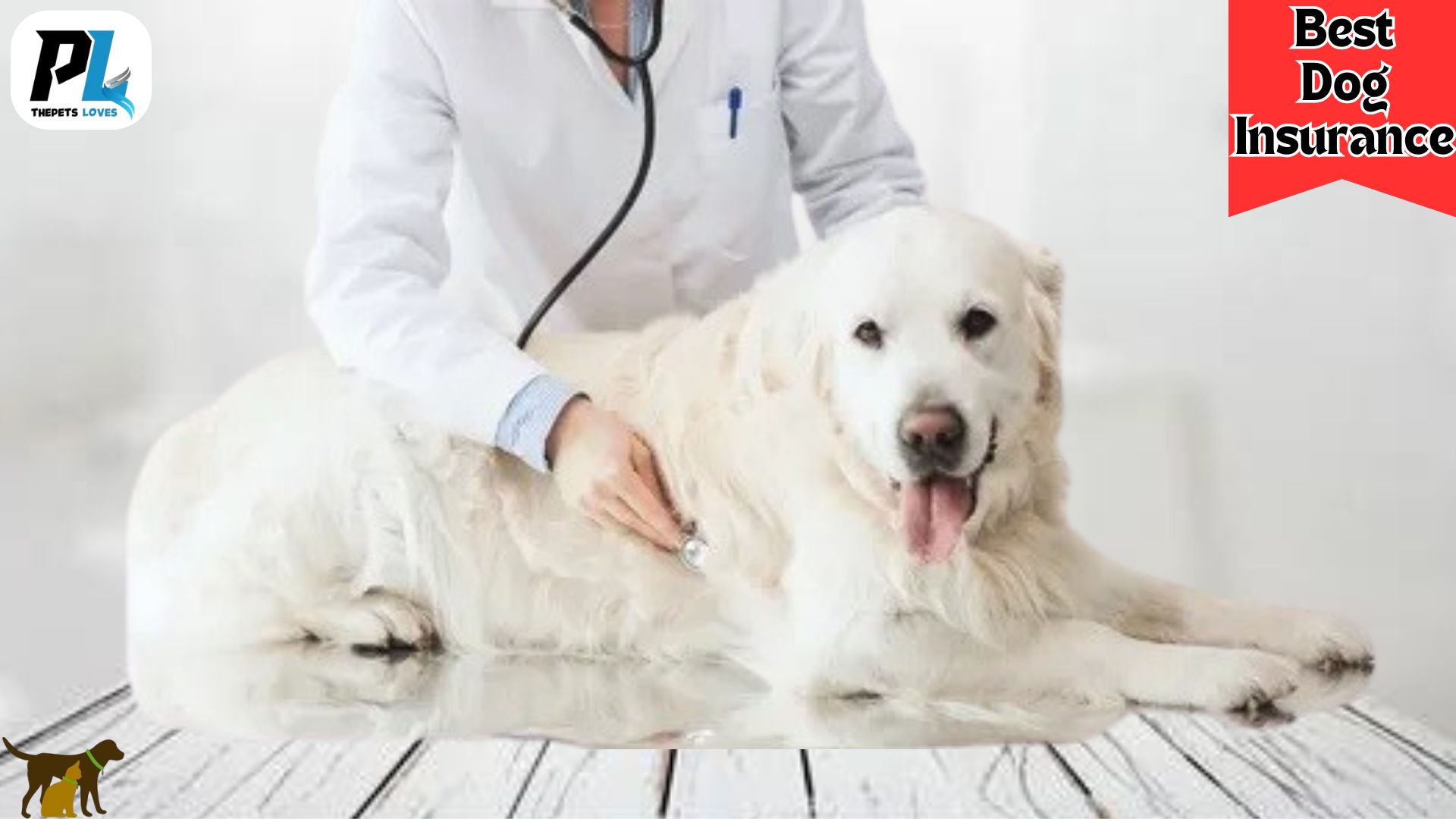Pet Insurance: When it comes to our beloved pets, we often consider them as part of the family. We shower them with love, provide them with the best food, and ensure they receive ample attention. However, one crucial aspect that many pet owners might overlook is financial preparedness for unexpected health issues. This is where pet insurance comes into play. In this article, we will explore how Dog Insurance can prevent financial strain and provide peace of mind for pet owners.
Understanding Pet Insurance
Pet insurance works similarly to health insurance for humans. It is design to cover a portion of the medical costs associated with your pet’s health care. Policies typically cover a range of expenses, from routine vet visits to emergency surgeries and treatments for chronic illnesses. While the specifics of coverage can vary depending on the provider and plan, pet insurance generally helps mitigate the financial burden that can arise from unexpected medical issues.
The Rising Cost of Pet Healthcare
The cost of veterinary care has been steadily increasing over the years. Advanced medical treatments, specialist consultations, and high-tech diagnostic tools contribute to the rising expenses. According to recent studies, pet owners could face bills ranging from a few hundred to several thousand dollars for a single treatment or surgery. For many families, this sudden financial burden can be overwhelming.
For example, a routine visit to the vet for an annual check-up and vaccinations might cost between $100 and $300. However, if your pet develops a more serious condition like diabetes or cancer, the costs can skyrocket into the thousands. Without insurance, these expenses would need to be paid out-of-pocket, potentially leading to financial strain or difficult decisions about the best course of action for your pet’s health.
How Pet Insurance Helps
Reduces Out-of-Pocket Expenses
One of the most significant benefits of Dog Insurance is its ability to reduce out-of-pocket expenses. With a good insurance plan, you’ll only be responsible for paying a portion of the vet bills, often through co-pays or deductibles, while the insurance covers the rest. This can make managing the financial aspect of pet care more manageable.
Encourages Preventative Care
When you have Bernese mountain dog insurance, you’re more likely to take your pet for regular check-ups and preventative care. Knowing that you have financial support for these visits can encourage you to keep up with routine health checks and vaccinations, which can prevent more serious and costly health issues down the line.
Provides Financial Flexibility
Pet insurance offers financial flexibility during emergencies. If your pet needs urgent care or specialized treatment, having insurance can alleviate the immediate financial pressure and allow you to focus on your pet’s recovery rather than worrying about how to cover the costs.
Offers Peace of Mind
Perhaps one of the most valuable aspects of pet insurance is the peace of mind it provides. Knowing that you are financially prepared for unexpected health issues can reduce stress and allow you to provide the best possible care for your pet without hesitation.
Choosing the Right Pet Insurance Plan
When selecting a Bernese mountain dog insurance plan, there are several factors to consider:
Coverage Options: Ensure that the policy covers the types of care you anticipate needing, including emergency care, surgeries, and treatments for chronic conditions.
Exclusions and Limitations: Understand any exclusions or limitations of the policy. Some plans may not cover pre-existing conditions or may have limits on certain types of treatments.
Deductibles and Co-Pays: Review the deductible and co-pay requirements. A lower deductible might mean higher monthly premiums. While a higher deductible could result in lower monthly costs but more out-of-pocket expenses when claims are made.
Provider Reputation: Research the Bernese mountain dog insurance provider’s reputation for customer service and claim handling. Reading reviews and seeking recommendations can help ensure you choose a reliable and responsive provider.
FAQs
What does pet insurance typically cover?
Pet insurance usually covers a range of medical expenses, including:
- Emergency care
- Surgeries
- Diagnostic tests (e.g., X-rays, blood tests)
- Hospital stays
- Prescription medications
- Treatments for chronic conditions
Some policies also offer coverage for routine care, such as vaccinations and annual check-ups, though this may be available as an add-on.
Are pre-existing conditions covered by Dog Insurance?
Therefore, Most Bernese mountain dog insurance policies do not cover pre-existing conditions. A pre-existing condition is any health issue your pet had before the policy’s start date or during the waiting period. However, some insurers may cover conditions that have been cured or are in remission, depending on the specific policy terms.
How do deductibles and co-pays work with Dog Insurance?
A deductible is the amount you must pay out-of-pocket before your insurance coverage kicks in. For example, if you have a $200 deductible, you’ll need to pay the first $200 of any veterinary bills. Co-pays are the portion of the bill that you are responsible for after the deductible has met. For instance, if your insurance covers 80% of a bill, you would pay the remaining 20% as a co-pay.
How are pet insurance premiums determined?
Pet insurance premiums are influenced by several factors, including:
- Your pet’s age and breed
- Your pet’s health history
- The level of coverage you choose
- Your location (as veterinary costs vary by region)
- The deductible and co-pay amounts
Generally, older pets or those with pre-existing conditions may have higher premiums.
Can I use any veterinarian with Bernese mountain dog insurance?
Most pet insurance policies allow you to use any licensed veterinarian. However, some policies might offer better reimbursement rates if you use veterinarians within their network or preferred providers. Always check the details of your policy to understand your options.
Conclusion
In summary, pet insurance is a valuable tool that can help prevent financial strain associated with unexpected veterinary expenses. By reducing out-of-pocket costs, encouraging preventative care, providing financial flexibility, and offering peace of mind, pet insurance ensures that you can focus on your pet’s health and well-being without undue financial stress. Lastly, As the cost of veterinary care continues to rise. Having a robust Dog Insurance policy can be an essential part of responsible pet ownership.




